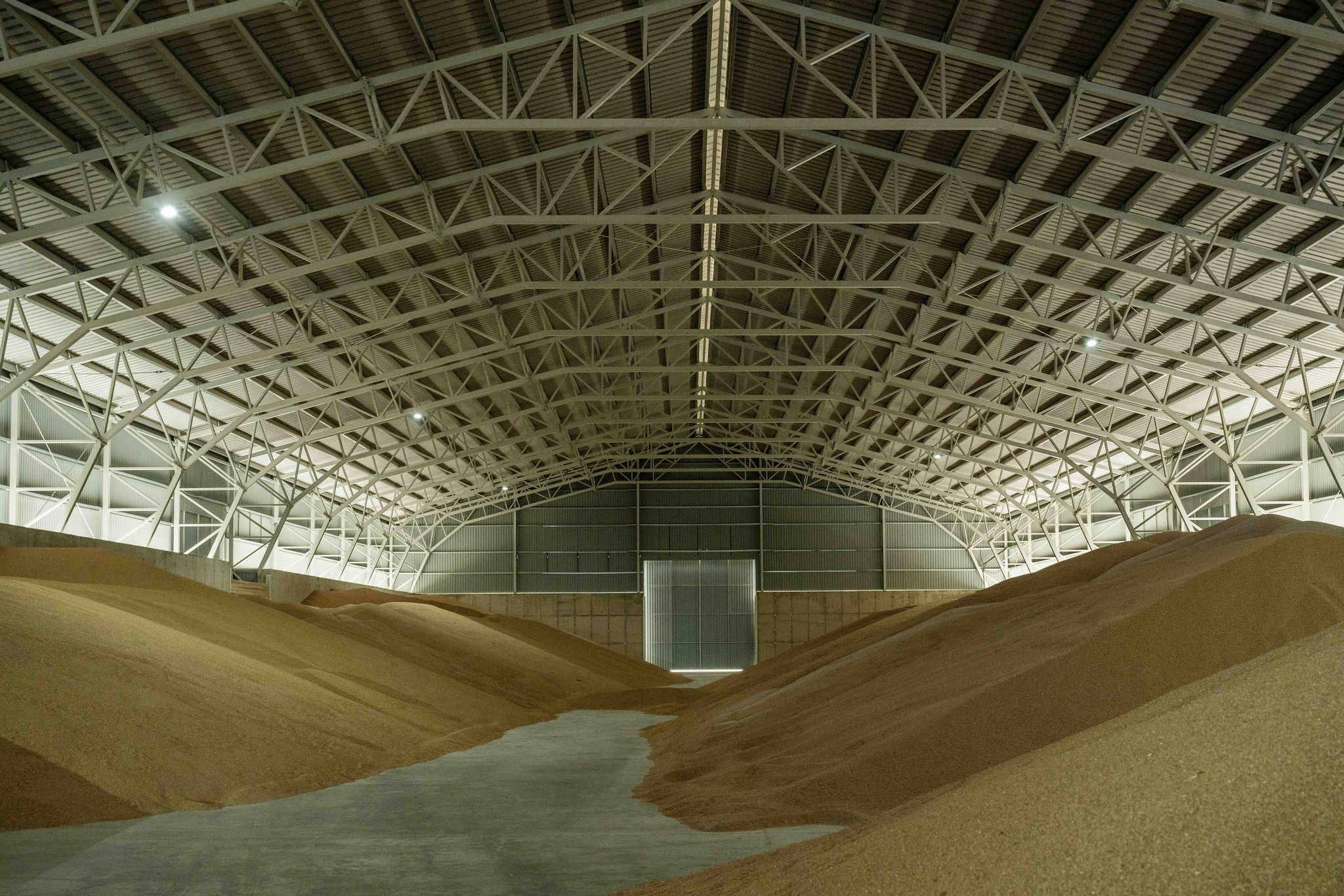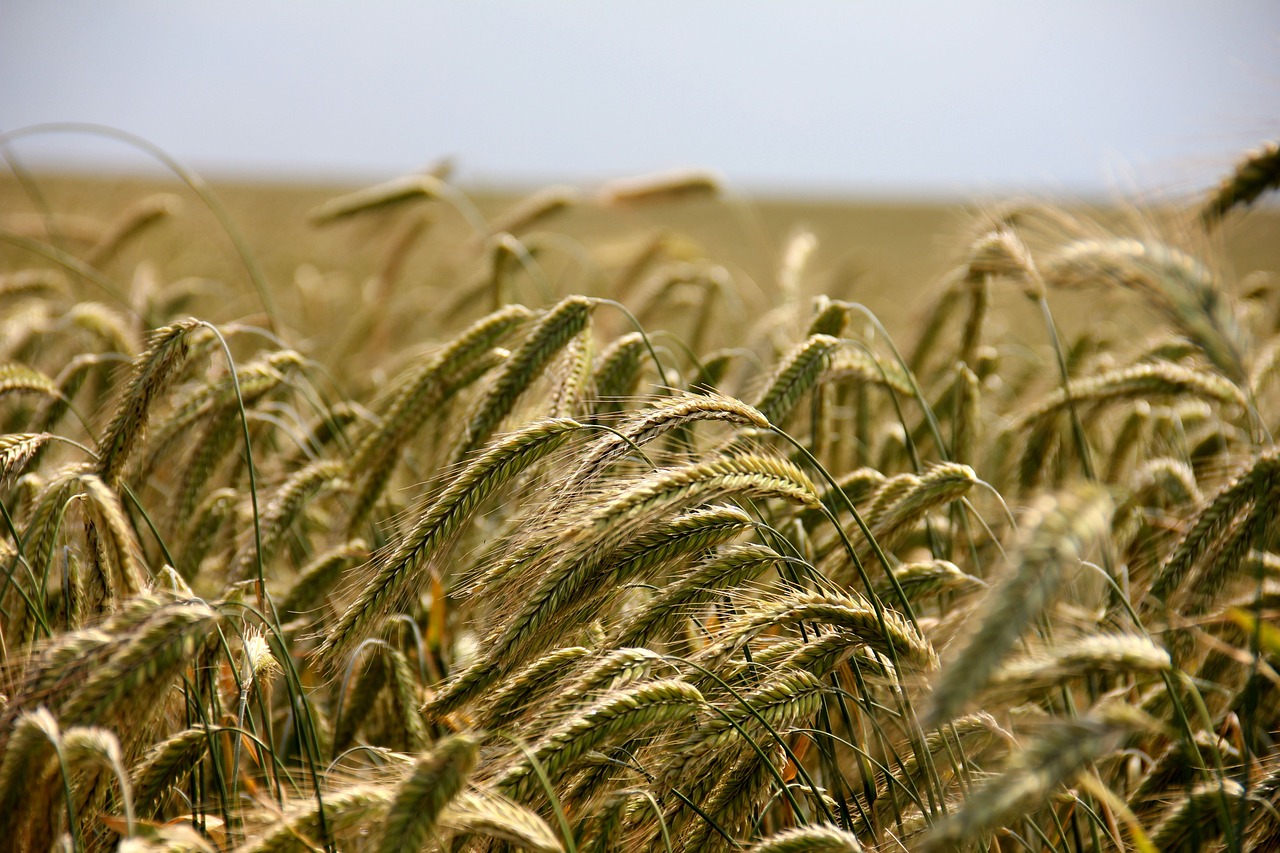
There is a high risk that the grain flowing from Ukraine is harmful to health.Continue reading

In a collective letter, agriculture ministers of states bordering Ukraine are again calling on the European Commission to act to find a solution and help farmers to deal with the market disruptions caused by Ukrainian agricultural products, stated István Nagy, Minister of Agriculture.
In his statement, the minister recalled that since the suspension of import duties, quotas, and trade defense measures on Ukrainian exports to the European Union in June last year, farmers in the frontline countries have suffered significant hardship.
Therefore, the agriculture ministers of Bulgaria, Poland, Hungary, Romania, and Slovakia wrote a letter to Valdis Dombrovskis, Vice-President of the European Commission and EU Trade Commissioner, and Janusz Wojciechowski, EU Agriculture Commissioner, presenting to Brussels the changes in the export dynamics of Ukrainian products to the EU and the loss of their countries’ markets for cereals and oilseeds.
István Nagy highlighted that in recent years, farmers have become more concerned about increased exports from Ukraine, in addition to the challenges posed by high production costs, rising price and revenue risks, and unfavorable climatic conditions.
The main reason for this is that cheaper Ukrainian agricultural products, due to different farming standards and land sizes, are squeezing them out of their traditional export markets.
This, combined with the changes brought about by new EU policies, is putting a heavy burden on agricultural production, he added.
The Minister explained that “the five border countries are among the six EU Member States that are able to produce significantly more wheat and maize than they need, so the contribution of our farmers to European food security and the EU’s strategic autonomy is essential.” Therefore, Brussels must introduce actions that protect the markets of the Member States bordering Ukraine, while at the same time giving them the opportunity to exploit their export potential.
One of these options could be the introduction of tariffs on the most sensitive agricultural products.
The EU must ensure that agricultural standards are consistently applied to all products offered to European consumers. The common position of the five countries is to ensure that Ukrainian agricultural exports do not have a negative impact on the European market.
Mr. Nagy made it clear that all means would be used to protect the interests of Hungarian farmers against dumped Ukrainian goods and agricultural products of often dubious quality.
Via MTI; Featured Image: Pixabay